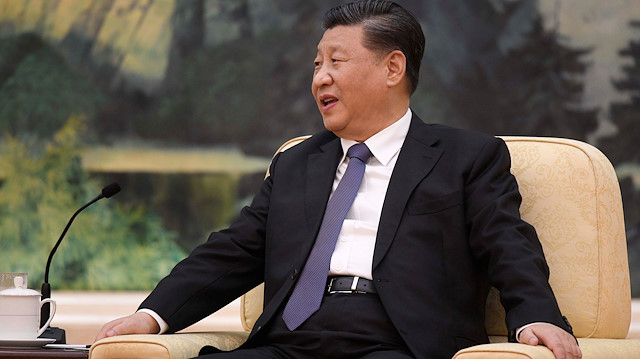
REMINDER OF SARS
The number of confirmed cases in China surged to 4,515 as of Monday from 2,835 the previous day, the government said.
Communist Party-ruled China has been eager to show it is transparent over this outbreak, after initially covering up the extent of the Severe Acute Respiratory Syndrome (SARS) epidemic that killed about 800 people globally in 2002-2003.
Known as "2019-nCoV", the newly identified coronavirus can cause pneumonia and, like other respiratory infections, it spreads between people in droplets from coughs and sneezes. It is too early to know what its death rate will be, since there are likely to be many cases of milder disease going undetected.
It has an incubation of between one and 14 days.
A WHO panel of 16 independent experts twice last week declined to declare an international emergency. Traditionally, the WHO is reluctant to antagonize or ostracize countries dealing with epidemics for fear of undermining future willingness to report cases of infectious disease outbreaks.
Authorities in Hubei, home to nearly 60 million people, have been the focus of public outrage on China's heavily censored social media over what many see as a bungled initial response.
In rare public self-criticism, Mayor Zhou Xianwang said Wuhan's management of the crisis was "not good enough" and indicated he was willing to resign.
SARS, also believed to have originated in a wildlife market, led to a 45% plunge in air passenger demand in Asia. The travel industry is more reliant on Chinese travellers now, and China's share of the global economy has quadrupled.
Analysts said China's travel and tourism would be the hardest-hit sectors, together with retail and liquor sales, though healthcare and online shopping were likely outperformers.
With Chinese markets shut for the holiday, investors were selling the offshore yuan and the Australian dollar as a proxy for risk.
The U.S. S&P 500 closed down nearly 1.6%.














